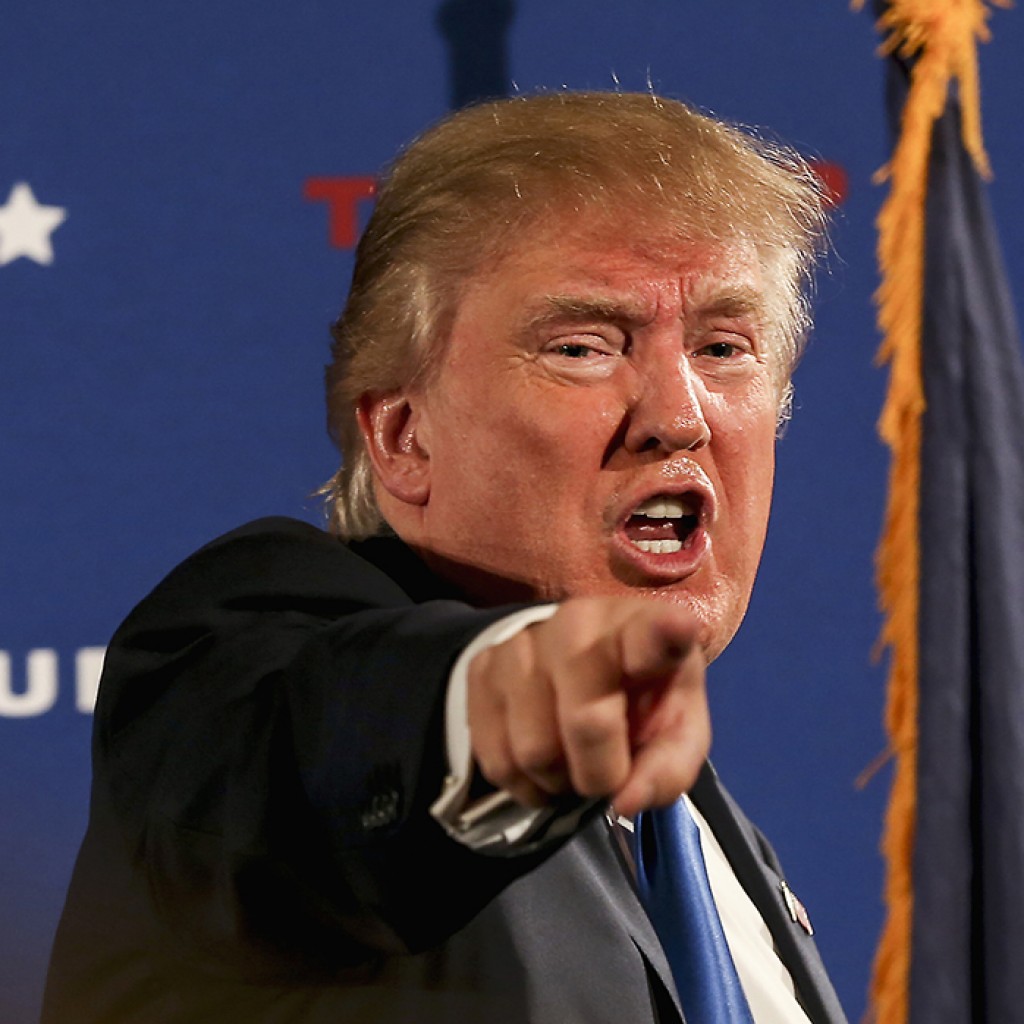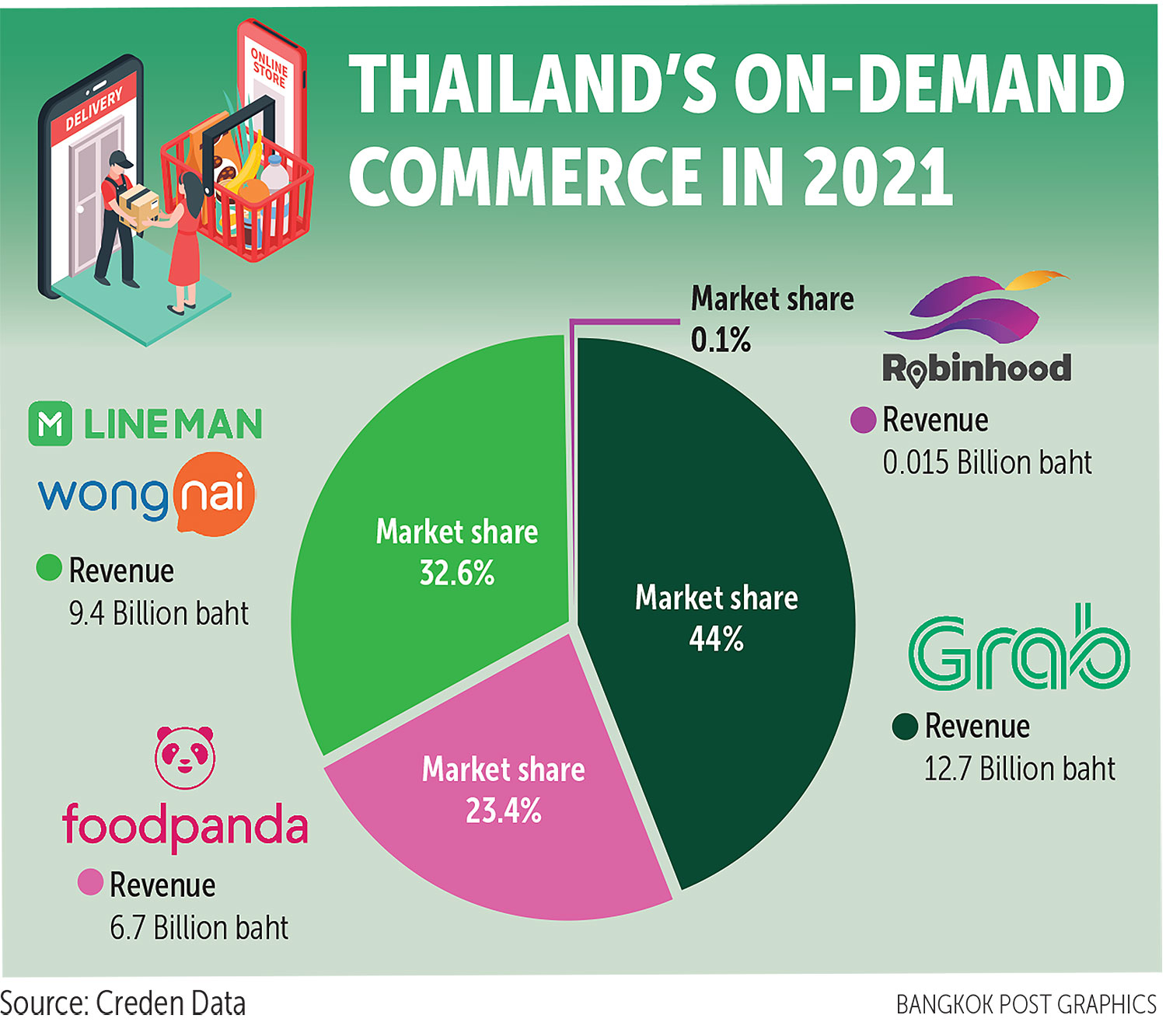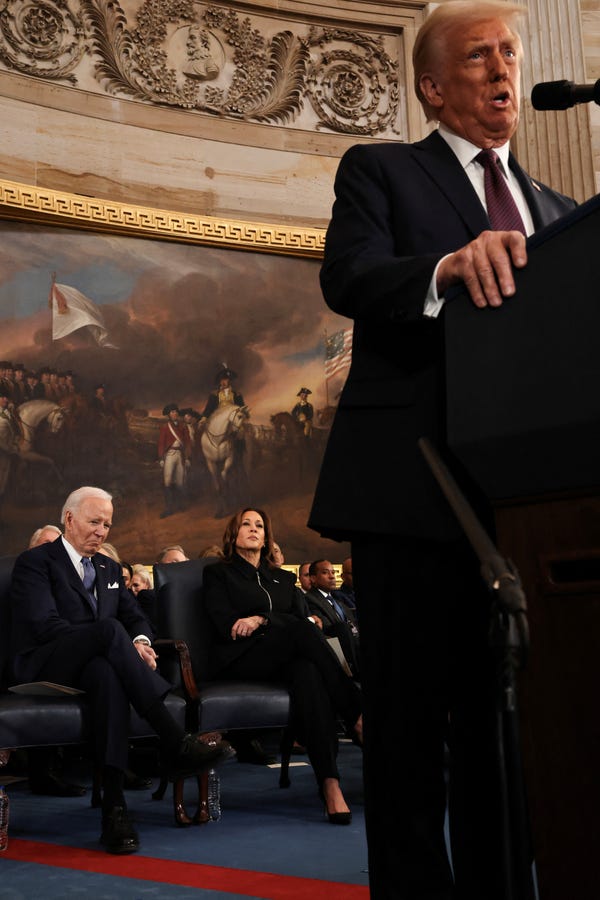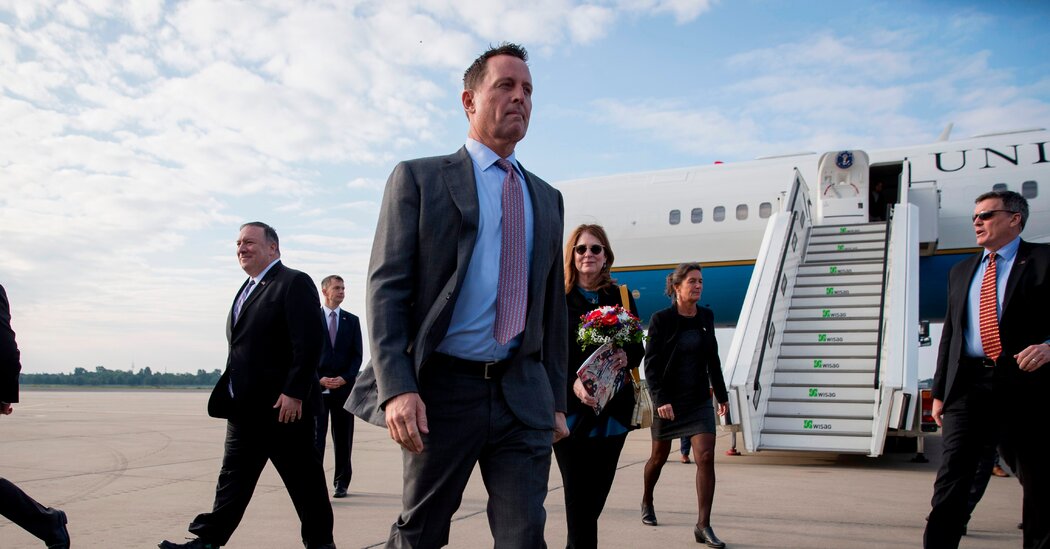The Next Fed Chair: Inheriting Trump's Economic Challenges

Table of Contents
The challenges inherited include a significantly increased national debt, the lingering effects of trade wars, and the ongoing economic fallout from the COVID-19 pandemic. These interconnected issues demand a nuanced and adaptive approach, potentially requiring significant shifts in monetary policy.
Navigating the High National Debt
The national debt ballooned under the Trump administration, reaching unprecedented levels. This surge in debt, largely fueled by increased deficit spending and tax cuts, poses significant risks to long-term economic growth. The implications are far-reaching:
- Increased deficit spending: Continuous deficit spending necessitates borrowing, increasing the national debt and potentially crowding out private investment.
- Impact on interest rates: A larger national debt can lead to higher interest rates, increasing the cost of borrowing for businesses and consumers, thereby hindering economic growth.
- Potential for inflationary pressures: Increased government borrowing can contribute to inflationary pressures, further complicating the economic outlook.
- Challenges in fiscal policy coordination: Effective management of the national debt requires careful coordination between the Federal Reserve and the federal government’s fiscal policy, a delicate balancing act.
The next Fed Chair must address this challenge by advocating for fiscal responsibility and implementing monetary policies that manage inflation expectations without stifling economic growth. This might involve carefully adjusting interest rates and communicating clearly with the public about the Fed's strategy to control inflation while maintaining economic stability.
Addressing the Aftermath of Trump's Trade Wars
President Trump's trade wars, characterized by the imposition of tariffs on various goods, significantly disrupted global trade and had lasting economic consequences. These actions resulted in:
- Disrupted supply chains: Tariffs and trade disputes led to significant disruptions in global supply chains, increasing costs and creating shortages for businesses and consumers.
- Increased consumer prices: The tariffs directly increased the price of imported goods, contributing to inflation and reducing consumer purchasing power.
- Impact on specific industries: Sectors like agriculture and manufacturing were particularly vulnerable, facing reduced export markets and increased input costs.
- International trade relations: The trade wars strained relationships with key trading partners, creating uncertainty and potentially undermining future economic collaborations.
The next Fed Chair must work to mitigate the negative effects of these trade wars, promoting a more stable and predictable global trade environment. This will involve close collaboration with international organizations and working towards the reduction of trade barriers wherever possible to improve the flow of goods and services.
Managing the Lingering Effects of the COVID-19 Pandemic
The COVID-19 pandemic inflicted significant economic damage, and its effects continue to reverberate through the economy. The lingering challenges include:
- Inflationary pressures and potential stagflation: The pandemic-induced supply chain disruptions and increased demand contributed to significant inflationary pressures, creating a risk of stagflation (a combination of high inflation and slow economic growth).
- Uneven economic recovery across different sectors: The economic recovery has been uneven, with some sectors recovering more quickly than others. This necessitates targeted policy responses.
- Labor market dynamics and potential for wage increases: Labor shortages in certain sectors are driving up wages, potentially contributing to further inflationary pressure.
- Long-term impacts on productivity: The pandemic's disruption to education, workforce participation, and business operations could have long-term impacts on productivity.
To address these lingering effects, the next Fed Chair will need to utilize a range of monetary policy tools, carefully calibrating interest rates and other measures to balance inflation control with support for continued economic recovery. Close coordination with other government agencies involved in fiscal and social policies will be crucial.
Balancing Competing Priorities: Growth vs. Inflation
One of the most significant challenges facing the next Fed Chair is the inherent tension between stimulating economic growth and controlling inflation. A policy mistake could lead to either a recession or runaway inflation. The delicate balance required includes:
- The potential for a policy mistake: An overly stimulative monetary policy could exacerbate inflation, while a restrictive policy could trigger a recession.
- The delicate balancing act: The Fed Chair must carefully weigh the risks of inflation and recession, adapting policy as economic conditions change.
- The need for data-driven decision making and adaptability: Successful navigation of this challenge requires meticulous analysis of economic data and the ability to adjust policies quickly in response to changing circumstances.
The next Fed Chair will need to carefully consider the potential scenarios and their impact on the economy, including the risks of a wage-price spiral. Flexibility and a commitment to data-driven decision-making will be paramount.
Conclusion: The Next Fed Chair's Herculean Task
The next Federal Reserve Chair inherits a daunting legacy from the Trump administration: a massive national debt, the lingering economic consequences of trade wars, and the ongoing challenges of navigating the post-COVID-19 economic landscape. Balancing the competing priorities of fostering economic growth and controlling inflation requires a nuanced and adaptable approach. The "Trump's Economic Challenges" are significant and interconnected, demanding careful consideration of the potential consequences of any policy decision. The next Fed Chair's decisions will profoundly shape the US economy for years to come. It's crucial for citizens to stay informed about upcoming appointments and economic policy developments to understand the complexities and implications of inheriting Trump's economic legacy. Understanding these challenges is crucial for navigating the economic future.

Featured Posts
-
 Paris Nice 2024 Jasper Merliers Double Stage Win
Apr 26, 2025
Paris Nice 2024 Jasper Merliers Double Stage Win
Apr 26, 2025 -
 Trump Doubts Ukraines Nato Prospects Implications And Analysis
Apr 26, 2025
Trump Doubts Ukraines Nato Prospects Implications And Analysis
Apr 26, 2025 -
 Landlord Price Gouging In La Following Devastating Fires Celebrity Weighs In
Apr 26, 2025
Landlord Price Gouging In La Following Devastating Fires Celebrity Weighs In
Apr 26, 2025 -
 Sinners How Cinematography Showcases The Mississippi Deltas Expansiveness
Apr 26, 2025
Sinners How Cinematography Showcases The Mississippi Deltas Expansiveness
Apr 26, 2025 -
 Shorter Lead Times For Defense Orders Saab Ceos Update
Apr 26, 2025
Shorter Lead Times For Defense Orders Saab Ceos Update
Apr 26, 2025
Latest Posts
-
 Bangkok Post The Fight For Transgender Equality Continues
May 10, 2025
Bangkok Post The Fight For Transgender Equality Continues
May 10, 2025 -
 Discussions On Transgender Equality Intensify Bangkok Post Reports
May 10, 2025
Discussions On Transgender Equality Intensify Bangkok Post Reports
May 10, 2025 -
 Experiences Of Transgender Individuals Under Trumps Executive Orders
May 10, 2025
Experiences Of Transgender Individuals Under Trumps Executive Orders
May 10, 2025 -
 Bangkok Post Reports On The Mounting Pressure For Transgender Rights
May 10, 2025
Bangkok Post Reports On The Mounting Pressure For Transgender Rights
May 10, 2025 -
 The Impact Of Trumps Presidency On Transgender Rights
May 10, 2025
The Impact Of Trumps Presidency On Transgender Rights
May 10, 2025
